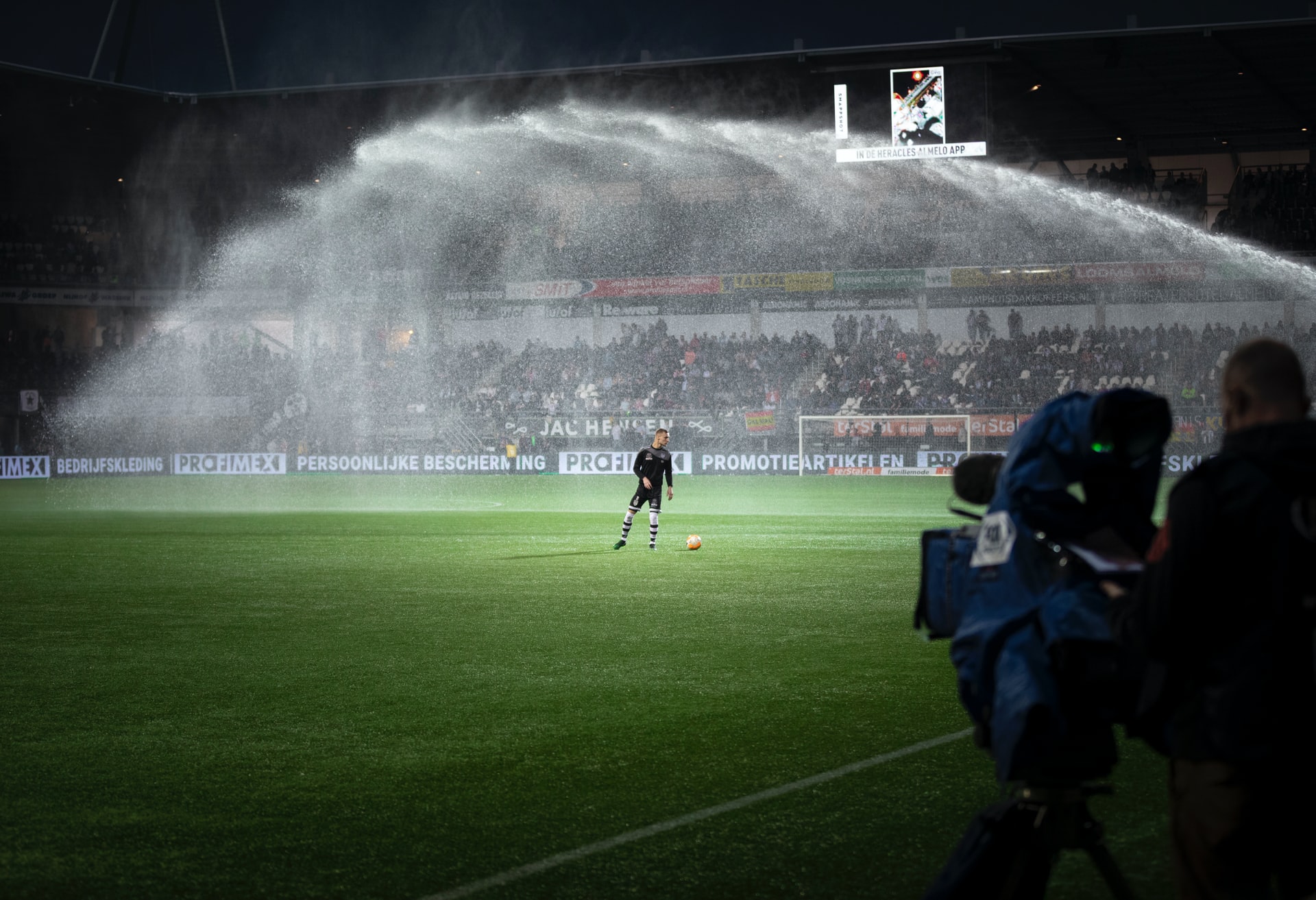
In football, state-of-the-art technology is increasingly being used to boost the performance of the players. But even for the non-sporting areas of professional clubs, innovation (like football news streaming services such as hesgoal) creates completely new opportunities – in the future, even new jobs and sources of income are conceivable.
Actually, it is extremely tranquil in Zuzenhausen. Forest, meadows, and fields combine to create a picturesque idyll. However, anyone who last attended one of the training sessions of the Bundesliga club 1899 Hoffenheim could perceive a strange, striking tone in the midst of rural peace.
A quiet but poisonous buzz; was caused by a small, white aircraft equipped with four propellers – just as big as a briefcase. Down on the field, the footballers run from left to right, listening to the commands that their coach Julian Nagelsmann calls. Above it, at a height of about 50 meters, a drone flies and films the training session.
Anyone can buy such drones today. For many, such parts are pure pleasure, in Hoffenheim they serve a professional purpose: training control.
The fields of application are diverse
“We are well advised to use all innovative possibilities to optimize our training or training analysis,” Nagelsmann told Bild, referring to the mini helicopter above his training field.
The bird’s-eye view gives him and his chief analyst Benjamin Glück the opportunity to look at walking paths, room layout, or tactical finesse from a different angle. With the help of the drone recordings, they hope to gain new impressions in order to be able to analyze their game even better.
GPS vests are almost standard
Drones or VR glasses, which have already been tested at the Dutch first division clubs AZ Alkmaar, Ajax Amsterdam, or PSV Eindhoven, for example, are slowly but surely finding their way into professional football. Clubs are increasingly recognizing opportunities for improvement through the use of new technologies, especially in training.
GPS vests, which record running paths and biometric data of the players, are already standard almost everywhere. However, the clubs should also consider the variety of possible applications that go beyond the sporting field.
Right in the middle of it, instead of just being there
If you take the drone in Hoffenheim as an example, its use in training is only one aspect. Hoffenheim could also use a drone in the arena to produce images for television with the broadcasting TV partner.
Drones could also buzz around in front of the stadium to monitor the flow of fans with the security unit, as was recently practiced in the Premier League during the Birmingham vs Aston Villa duel.
ALSO READ: The Impact of Technology on the Future of Driving
Thanks to VR glasses in the middle of the stadium
The situation is similar to VR technology. While in the Netherlands players can sometimes follow moves in real time and from the first-person perspective with appropriate glasses for training purposes, the pay-TV channel “Sky” in Germany has also been experimenting with virtual reality since the DFB Cup final between Bayern and Dortmund.
The spectator no longer just sits in front of his screen at home but also gets the feeling of being in the middle of the stadium through the spatial perception conveyed by VR glasses.
Even if the technology has not yet reached market maturity, at least in the TV sector, it can be assumed that this will be the case in the not too distant future.
Bundle technology topics, recommend actions
As the application examples of drone and VR technology show, the use of new technologies within professional football is not limited to the sporting field. Marketing, communications, and even sales can benefit from new technologies as well as sports management.
With the variety of innovations and the speed of their appearance and disappearance, however, there is a danger that a club will quickly lose track.
Imagine that the trainer negotiates with the manufacturer of a drone about its purchase, while the head of marketing and the security officer negotiate with another drone provider in parallel. And everyone doesn’t notice the other’s deal, which prevents synergies.
Bundesliga clubs: Invest in start-ups?
In order to solve this problem, the establishment of a so-called “Data & Technology” unit in the club is conceivable. Their task would be to bundle technology-relevant topics, to constantly and permanently deal with new technologies, check their applicability in all areas of the professional club, and then pass on recommendations for action to the management and the individual club areas.
If you take this scenario further, it would even be possible in the end that the football club itself invests in a drone or VR start-up, and thus ultimately benefits from the production and sale of the products itself.
To survive in the digital arena, football clubs need to start rethinking. A look at the “House of Professional Football”, a model for the future that we have created at the Center for Sports and Management, provides initial suggestions.
